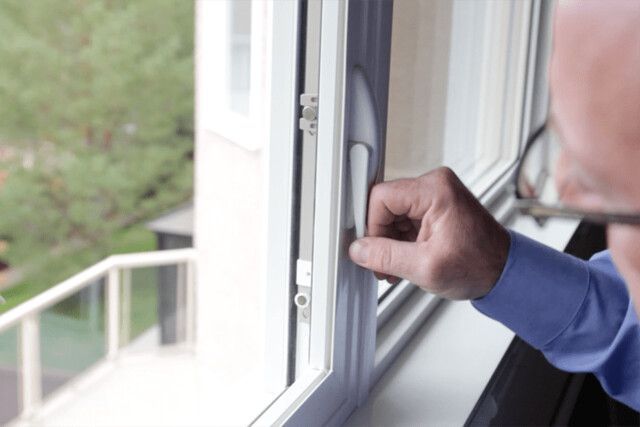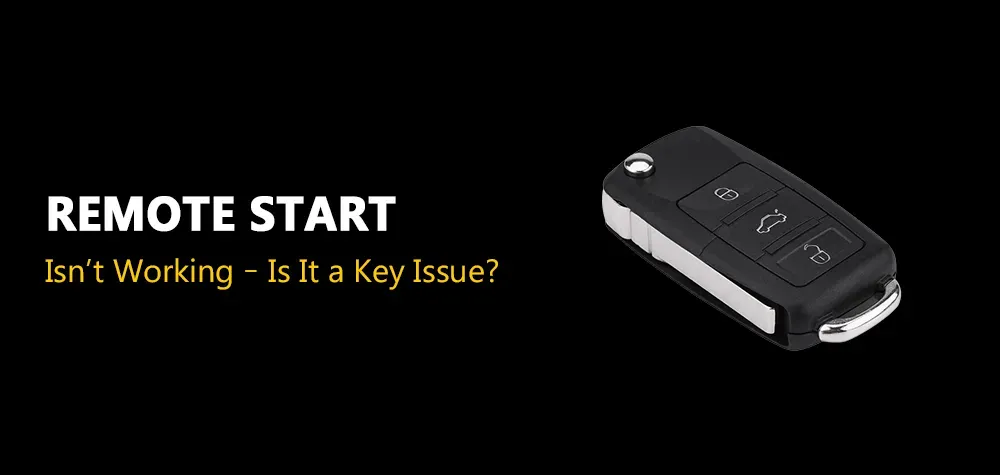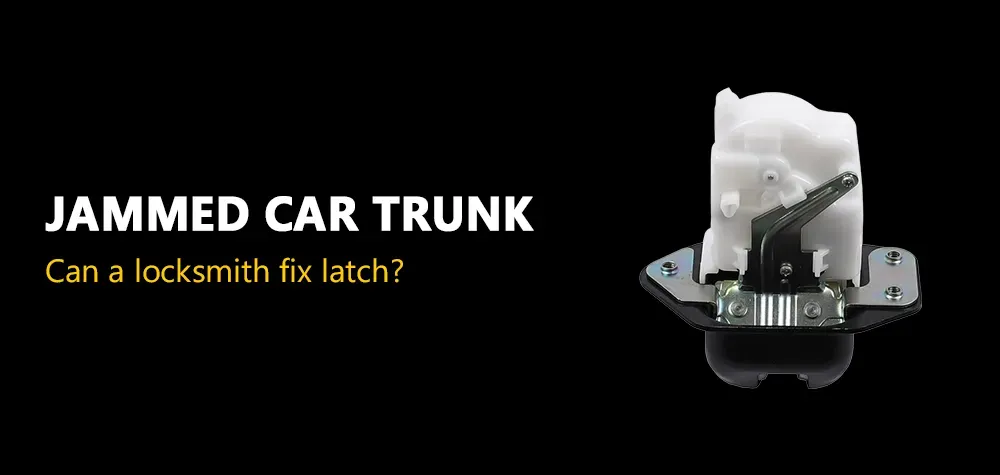How to Burglar-Proof Windows
Worried about the security of your home, especially those easy-to-access windows? You're not alone. Windows are often seen as weak points in home security, making them a common target for burglars. But don't worry, we've got you covered. In this guide, we'll walk you through some highly effective ways to burglar-proof your windows, giving you peace of mind and a safer home. Let's dive in and make your windows as secure as possible!
Read more about Patio door lock replacement!
Understanding Window Security
Windows can be a significant vulnerability in your home security system, often targeted by burglars due to their relatively easy access and weaker structures. To effectively secure your windows, it's crucial to understand the common vulnerabilities and take steps to address them.
- Weak Window Frames: Frames that can be easily pried open or damaged.
- Easy-to-Break Glass: Standard glass panes that shatter easily upon impact.
- Inadequate Locking Mechanisms: Basic or flimsy locks that can be easily bypassed.
- Lack of Visibility: Windows obscured by landscaping or other structures, providing cover for burglars.
Effective Ways to Burglar-Proof Windows
Install Window Locks
- Types of Window Locks:
- Pin Locks: Simple and effective, these locks use a pin mechanism to prevent the window from being opened.
- Keyed Locks: Require a key to open, providing an additional layer of security.
- Sliding Window Locks: Specifically designed for sliding windows, these locks prevent the window from being lifted or slid open.
Effective Ways to Burglar-Proof Windows
Install Window Locks
One of the most straightforward and effective ways to secure your windows is by installing robust window locks. There are several types to choose from, such as pin locks, which use a simple pin mechanism to prevent the window from opening, and keyed locks, which require a key for operation, adding an extra layer of security. Sliding window locks are specially designed to prevent sliding windows from being lifted or slid open. Installing these locks can significantly reduce the risk of unauthorized entry, making it much harder for burglars to access your home.
Use Security Window Film
Applying security window film is another excellent method to enhance window security. This film reinforces the glass, making it much harder to break. Additionally, it adds a layer of privacy by making it more difficult to see inside your home. The application process is simple: clean the window thoroughly, cut the film to the window's size, and apply it, ensuring there are no bubbles and it fits tightly. This affordable solution not only improves security but also adds to your peace of mind.
Install Window Bars or Grilles
Window bars or grilles provide a strong physical barrier against break-ins. There are various types available, including decorative bars that blend seamlessly with your home's design, removable bars that offer flexibility when needed, and permanent bars for continuous security. While they might not be the most aesthetically pleasing option, they are incredibly effective in deterring burglars. Properly installed window bars or grilles can significantly increase the security of your windows, making it almost impossible for intruders to get through.

Use Reinforced or Laminated Glass
Replacing standard glass with reinforced or laminated glass is a powerful way to burglar-proof your windows. Tempered glass is heat-treated for strength and shatters into small, blunt pieces, while laminated glass consists of multiple layers with a plastic interlayer, making it very difficult to break. These types of glass provide increased resistance to impact and enhance safety by preventing shards from flying if the glass is broken. This upgrade not only strengthens your windows but also offers a significant boost to your overall home security.
Read more about Best smart doorbells for your home!
Add Window Alarms
Window alarms are an effective deterrent against break-ins, providing an immediate alert if someone attempts to open or break the window. There are two main types: contact alarms, which trigger when the window is opened, and glass break sensors, which detect the sound of breaking glass. These alarms can be integrated with your existing home security system to provide real-time alerts to your phone or security service. Installing window alarms adds an extra layer of security, ensuring you are immediately aware of any potential breaches.
Maintain Landscaping
Proper landscaping can play a crucial role in enhancing window security. Keeping bushes and trees trimmed around your windows prevents burglars from using them as cover. Additionally, planting thorny bushes beneath windows can act as a natural deterrent. Installing motion-sensor lights around your windows ensures that any movement is detected and illuminated, eliminating dark spots and hiding places. Strategic use of lighting and landscaping not only beautifies your home but also significantly improves its security, making it less attractive to potential intruders.
Conclusion
Securing your windows is an essential step in protecting your home from potential break-ins. By implementing a combination of robust window locks, security window film, window bars or grilles, reinforced glass, window alarms, and maintaining strategic landscaping, you can create a formidable defense against burglars. Each of these methods adds a layer of security, making it increasingly difficult for intruders to gain access. Prioritizing window security not only enhances your home's safety but also provides you with greater peace of mind. Stay proactive and ensure your home remains a safe and secure haven for you and your loved ones.
Call Us Any Time!




